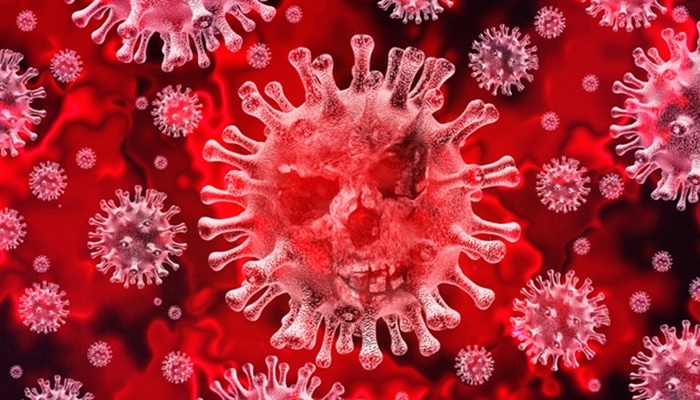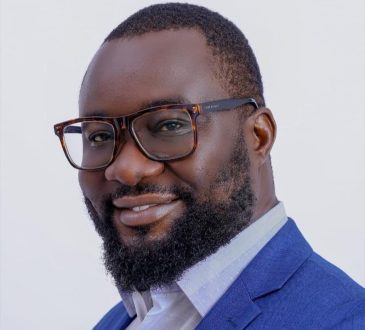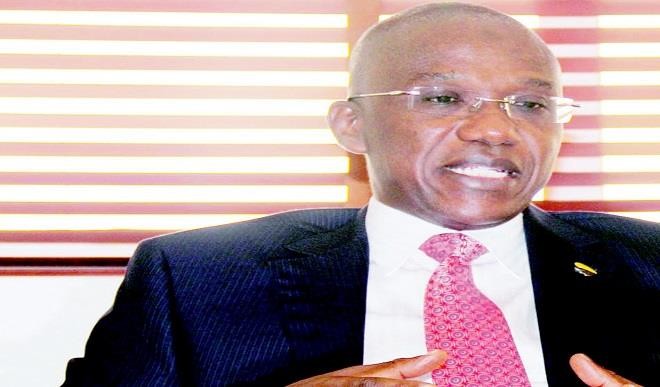
Vladimir Putin is under severe attacks by scientists today for his ‘reckless and foolish’ claim that Russia has developed the world’s first effective COVID-19 vaccine, Daily Mail reports.
Putin says the new COVID-19 vaccine offers “sustainable immunity” against Covid-19 and says his daughter has already been given the jab, with Russia eyeing up mass injections as soon as October – causing widespread alarm because it has not yet passed clinical trials.
One scientist blasted Putin’s move as “unethical” because an “improperly tested vaccine” could have “disastrous” effects on public health, while others warned that there is “no data” to tell whether the Russian COVID-19 vaccine is effective.
Another expert warned that “the damage from release of any vaccine that was less than safe and effective would exacerbate our current problems insurmountably.”
While small trials can show whether a vaccine is likely to be safe, the usually months-long Phase III tests which measure its effectiveness have not yet taken place, while the WHO has not yet granted approval for the jab.
Nonetheless, Russia claims that 20 countries have already ordered a billion doses of the COVID-19 vaccine, which has been named Sputnik V after the former Soviet space satellites.
The Kremlin and its state-controlled media have touted Russian scientists as global pioneers and turned the vaccine race into a matter of national prestige – leading to fears that safety could be compromised for the sake of Russia’s image.
Britain, the US and Canada claimed last month that Russia had tried to hack into Western vaccine research in its quest to win the race.
Speaking at a government meeting today, Putin claimed that the new COVID-19 vaccine, Sputnik V has undergone proper testing and been proven safe to use.
“I would like to repeat that it has passed all the necessary tests,’ he said. ‘The most important thing is to ensure full safety of using the vaccine and its efficiency.”
The Russian leader added that one of his two adult daughters has received two shots of the vaccine and is feeling well. “She has taken part in the experiment,” Putin said.
Putin said his daughter had a temperature of 100F (38C) on the day of the first vaccine injection, which then dropped to 99F (37C) on the following day.
After the second shot she again had a slight increase in temperature, but then it was all over, Putin said.
He did not reveal whether it was his daughter Maria or Katerina who received the vaccine. However, reports in Russia said it was the younger Katerina who was inoculated.
Further reports last month claimed that some of Russia’s business and political elite had been given access to experimental vaccines as long ago as April.
The Russian president said he hoped the country would soon start mass-producing the vaccine.
The Health Ministry said in Tuesday’s statement that the vaccine is expected to provide immunity from the coronavirus for up to two years.
Kirill Dmitriev, the head of the Russian Direct Investment Fund which finances the project, said that 20 countries have already pre-ordered a billion doses of the vaccine.
Russia’s vaccine is based on the adenovirus, a pathogen which causes the common cold and other illnesses and which can be engineered to match the genetic sequence of SARS-CoV-2, the coronavirus that causes Covid-19.
Adenoviruses are also being used in the vaccine prototypes developed by Oxford University and China’s CanSino.
Responding to Putin’s announcement, WHO spokesman Tarik Jasarevic told reporters that the agency was discussing the next steps with Russian authorities.
“We are in close contact with Russian health authorities and discussions are ongoing with respect to possible WHO prequalification of the vaccine, but again prequalification of any vaccine includes the rigorous review and assessment of all required safety and efficacy data,” Jasarevic said.
Germany also raised doubts over the quality of the vaccine, stressing that drug approval is granted in the European Union only after full clinical trials.
“Patient safety is of the highest priority,’ a health ministry spokeswoman told German newspaper network RND. ‘There is no known data on the quality, efficacy and safety of the Russian vaccine.”
While experts have not dismissed the possibility that “Sputnik V” is effective, scientists say there is ‘little detail’ on the vaccine and warn that it is ‘not possible to know’ whether it works without proper data.
Prof Francois Balloux, a biologist at University College London, slammed Putin’s move as ‘reckless and foolish’ and said that ‘vaccination with an improperly tested vaccine is unethical’.
“Any problem with the Russian vaccination campaign would be disastrous both through its negative effects on health, but also because it would further set back the acceptance of vaccines in the population,” he warned.
Dr Michael Head, a global health researcher at the University of Southampton, said: “It is unclear precisely what is actually happening with the Russian vaccine.
“It is vital that any vaccine roll-out has the confidence of the general public, and that there is good communication of the level of effectiveness and any likely side effects.
“At this point in time, there is no data on the Russian-led vaccine for the global health community to scrutinise.”
Dr Head continued: “There have been lessons learned from previous vaccine roll-outs, that were usurped by anti-vaccination activists and population health has greatly suffered.
“Examples include the HPV vaccine in Denmark or Japan, where uptake plunged after anti-vaccine campaigns and irresponsible comments from some scientists.
“Health promotion and clear explanations to the general public are the bare minimum in terms of communications here.”
Professor Keith Neal, an epidemiologist at the University of Nottingham, said that while a small sample is enough to show whether the vaccine is safe, a much larger trial is needed to show whether it prevents infection.
“If 25,000 people were recruited in each arm then we would expect 25 cases in one month’ in unvaccinated people, he said, citing Russia’s infection rate.
“Any figure less than 15 Covid-19 cases in the vaccine [group] would be significant. Given the size of the Russian population, recruiting 50,000 people is well deliverable.
“It is not possible to know if the Russian vaccine has been shown to be effective without submission of scientific papers for analysis and then there may be problems on data quality.”
Prof Danny Altmann, Professor of Immunology at Imperial College London, said that “the bar is necessarily set very high” for approving vaccines.
“The collateral damage from release of any vaccine that was less than safe and effective would exacerbate our current problems insurmountably. I hope these criteria have been followed. We are all in this together,” he said.
Russian authorities have said that medical workers, teachers and other risk groups will be the first to be inoculated.
Dr Ayfer Ali, a specialist in drug research at Warwick Business School, said there was a danger with “fast approvals” that unwanted side-effects could be missed.
In addition, if a vaccine is not protective enough it may actually “allow the virus to enter the body more easily and worsen the disease the vaccine is supposed to protect against,” she said.
Nonetheless, Russia’s Deputy Prime Minister Tatyana Golikova said that the vaccination of doctors could start as early as this month.
Russia previously said that the critical Phase III trials were not due to begin until this month, in the United Arab Emirates and the Philippines.
Phase III trials usually last for months and involve thousands of people to ensure vaccine efficiency and safety.
However, becoming the first country in the world to develop a vaccine has been a matter of national prestige for the Kremlin as it tries to assert the image of Russia as a global power.
State television stations and other media have praised Russian scientists working on the vaccine and presented their work as the envy of other nations.
Professor Alexander Gintsburg, head of the Gamaleya institute that developed the vaccine, raised eyebrows in May when he said that he and other researchers had already tried the vaccine on themselves.
Human studies started on June 17 among 76 volunteers, including from the Russian military.
The US, Britain and Canada last month accused Russia of using hackers to steal vaccine research from Western labs. Russia denied this.
As the trials were declared completed, questions arose about the vaccine’s safety and effectiveness.
Some experts scoffed at Russian authorities’ assurances that the vaccine drug produced the desired immune response and caused no significant side effects, pointing out that such claims need to be backed by published scientific data.
The World Health Organization said all vaccine candidates should go through full stages of testing before being rolled out.
Experts warn that vaccines that are not properly tested can cause harm in many ways – from a negative impact on health to creating a false sense of security or undermining trust in vaccinations.
The WHO last week urged Russia to follow established guidelines and go “through all the stages” necessary to develop a safe vaccine.
Russia itself has suffered nearly 900,000 cases of the disease – the fourth-most in the world behind the US, Brazil and India – and more than 15,000 deaths.
However, the infection rate has been gradually falling for months and Putin has touted Russia’s response to the pandemic as superior to America’s.
More than 100 possible vaccines are being developed around the world and at least four are in final Phase III human trials, according to WHO data.
One of these is being developed by China’s Sinopharm and another by AstraZeneca and the University of Oxford.
Producers are also grappling with the question of how to massively scale up production to meet global needs.






